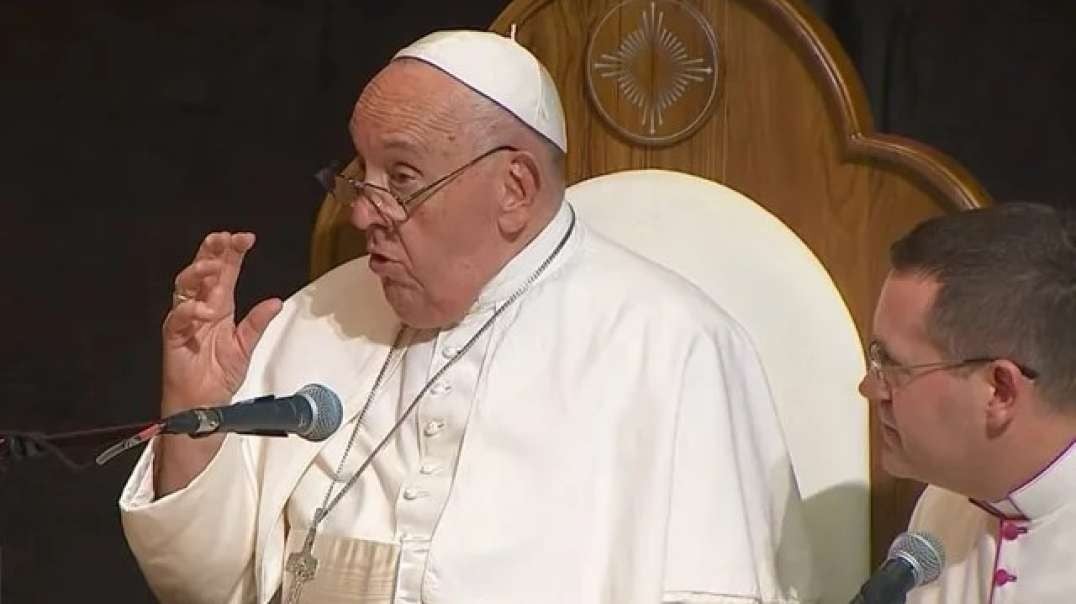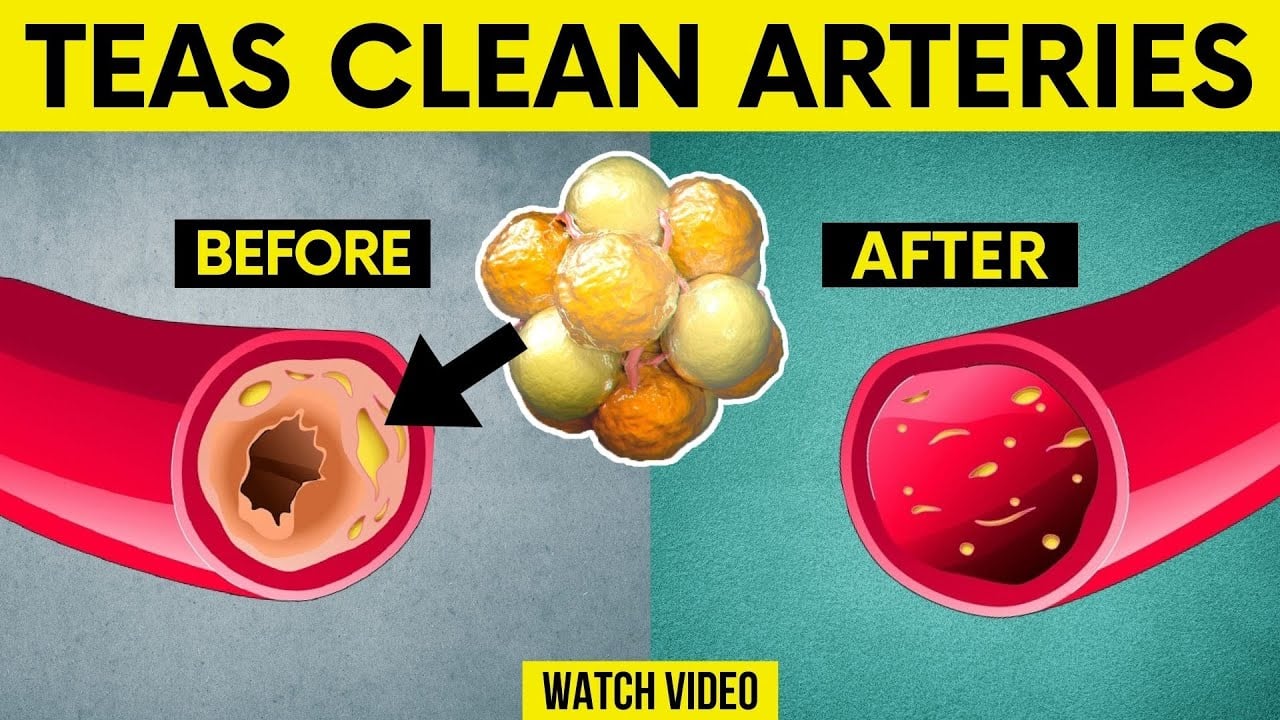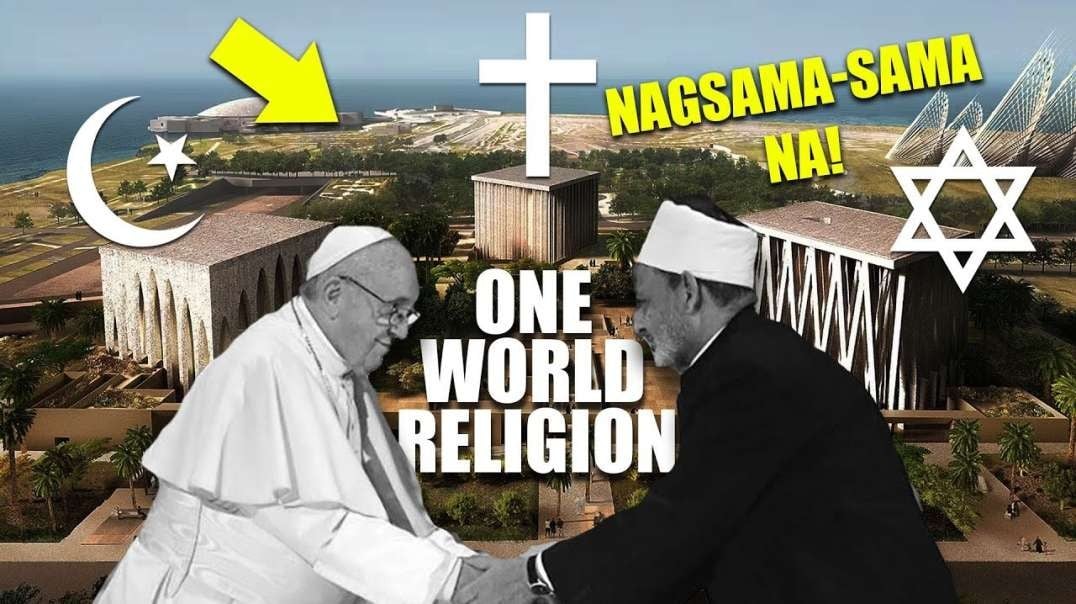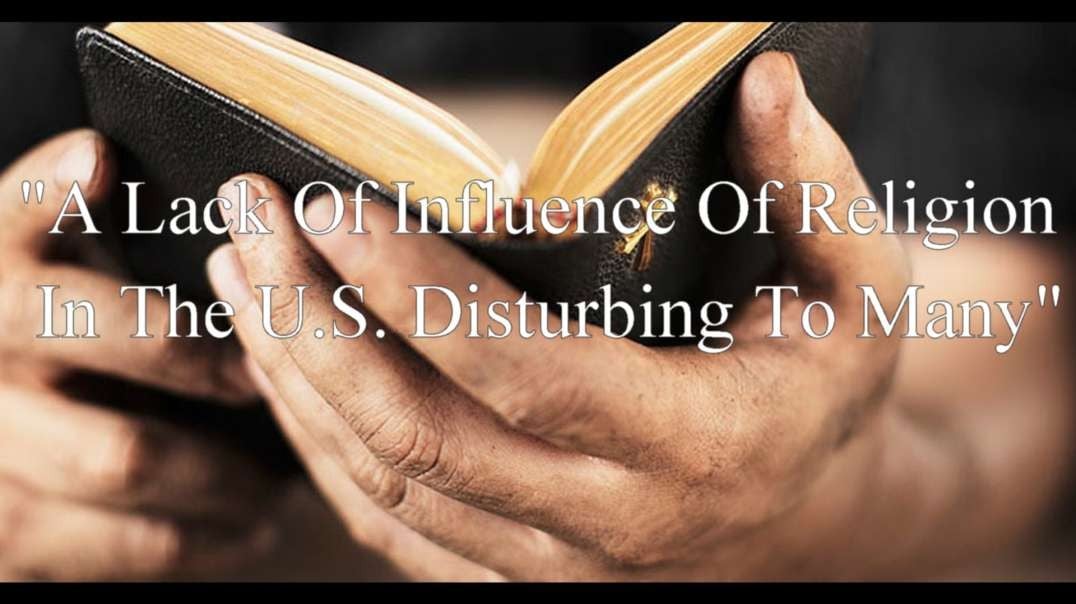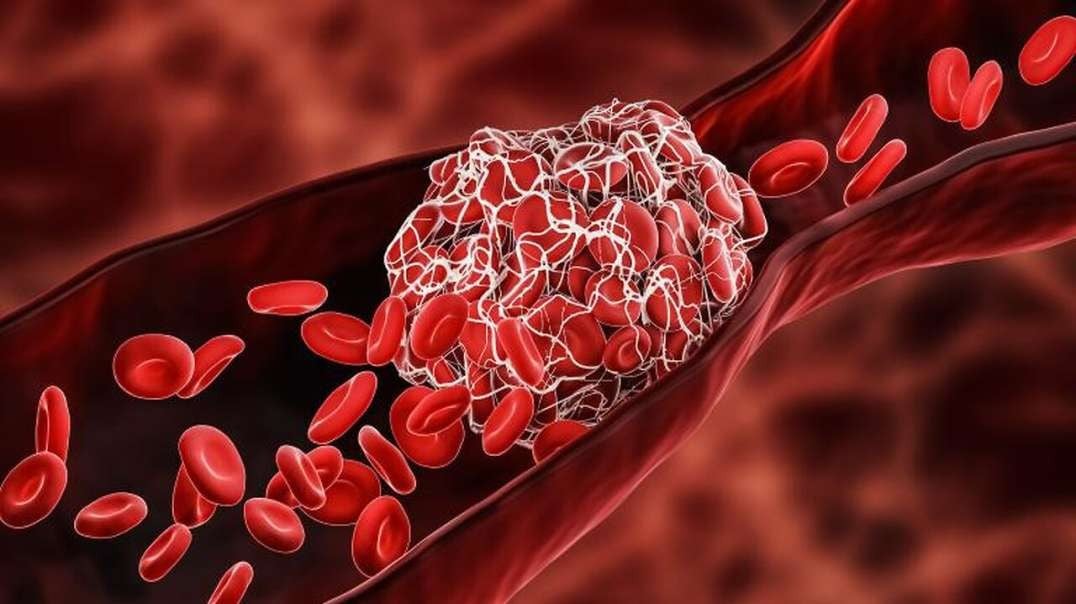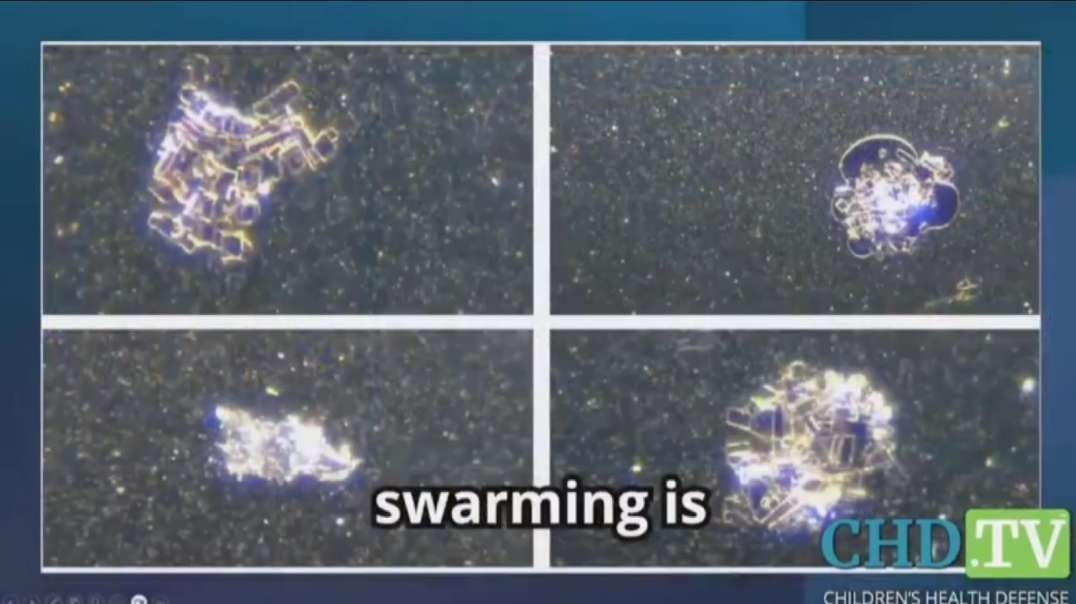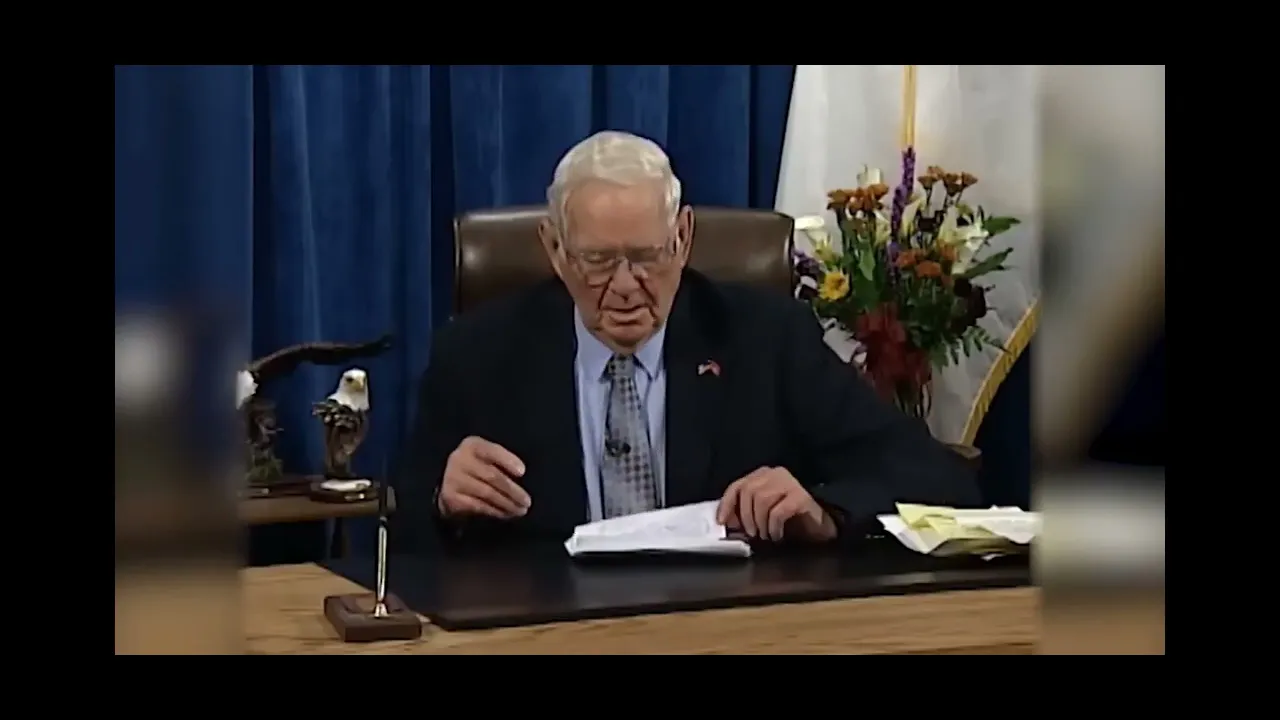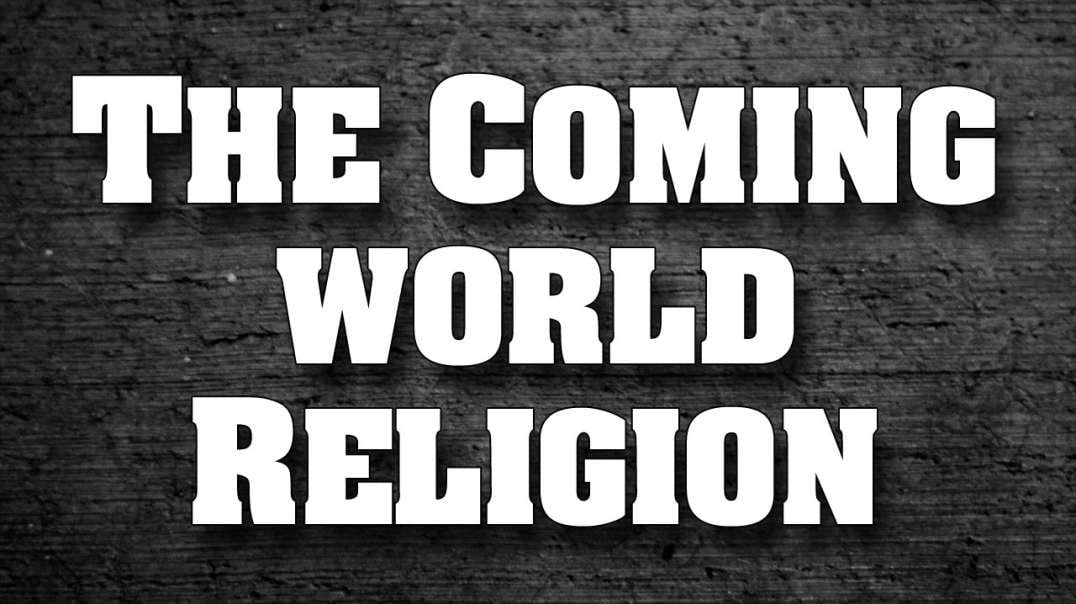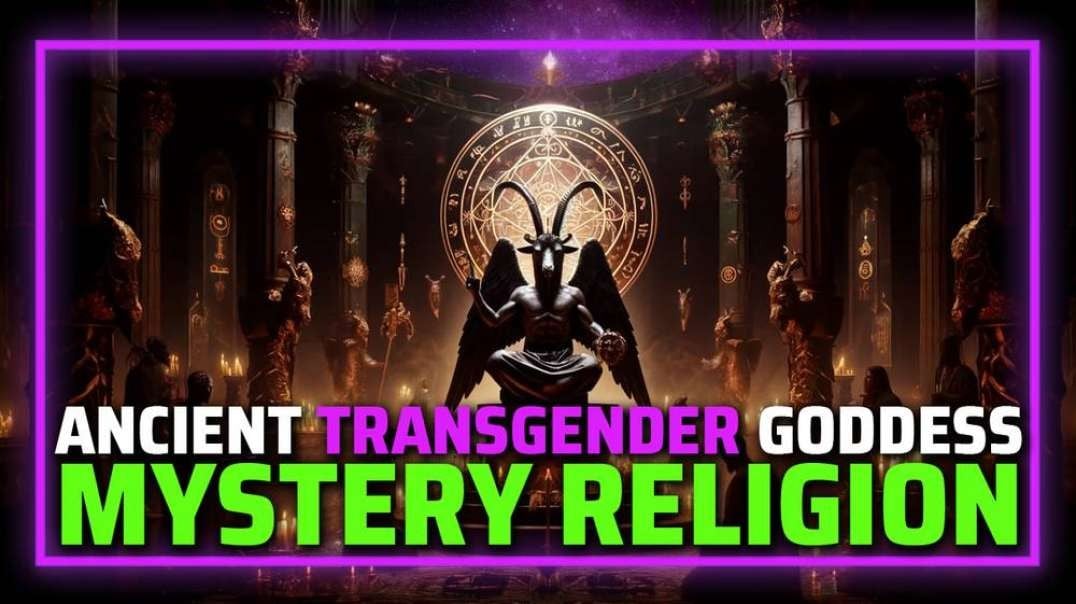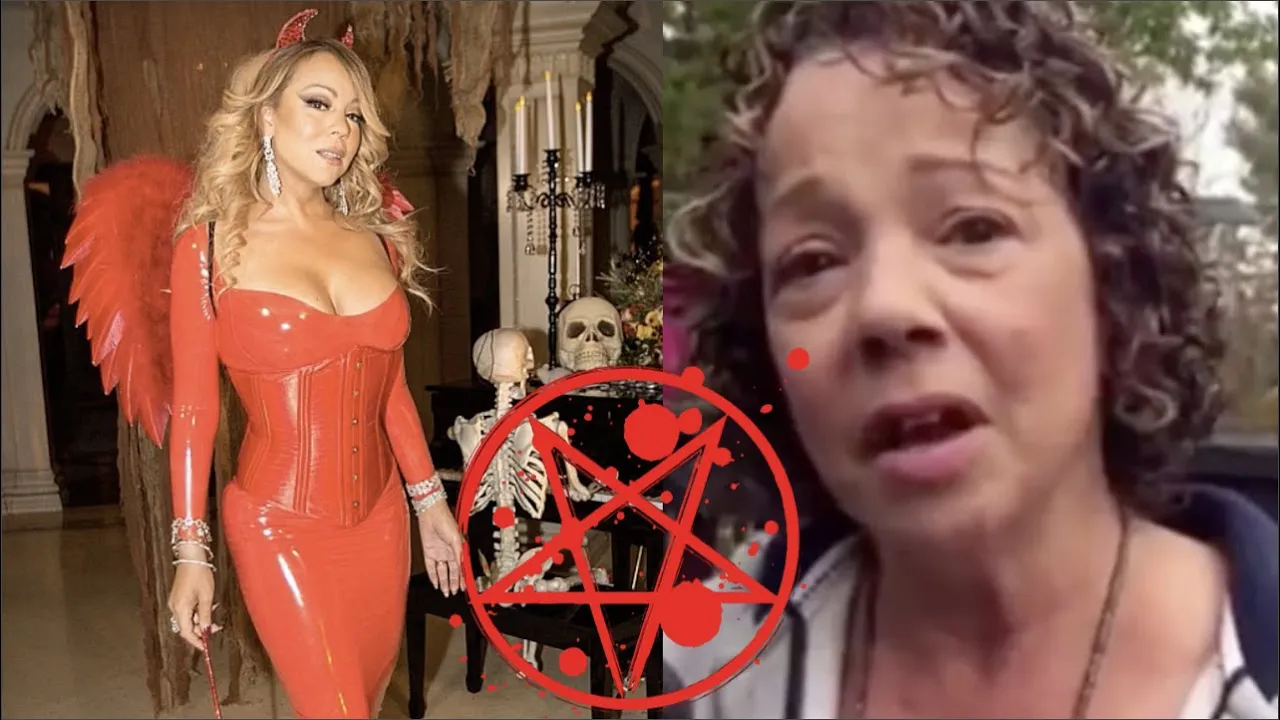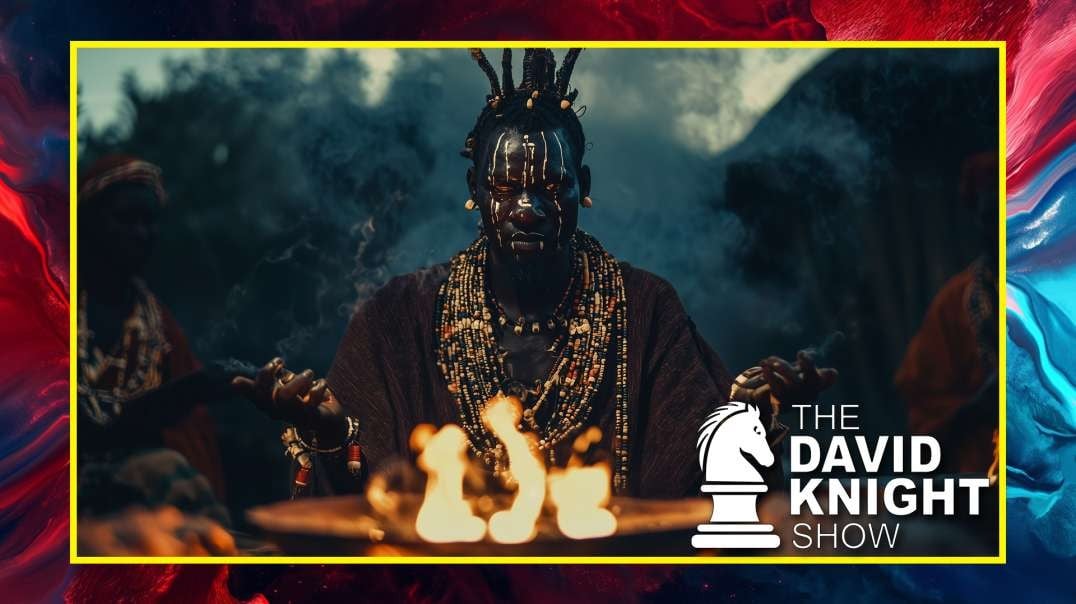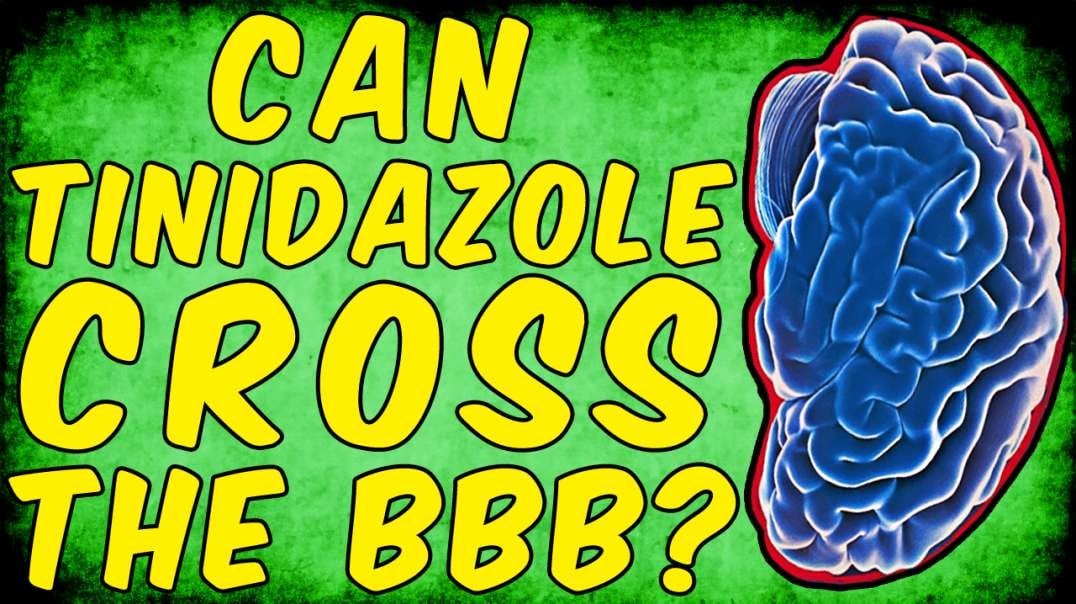A Religion of Blood Sacrifice
This morning as we gather to open the Bible, we gather to worship the one, true, and Living God—God the Father Almighty, maker of heaven and earth.
Worship is one of those inescapable concepts, something that you can’t not do. Humanity was made to be a worshiping thing, and even in our fall, as Romans 1 makes clear, even when we exchange the truth of God for a lie, we worship. We worship the creature rather than the Creator, yes, but we still worship.
The scientific name for man is homo sapiens, which means “wise man” in Latin. It has been said before, and I agree, that a more accurate classification would have been homo adorans, which means “worshiping man.”
We can’t help but exalt something above ourselves and make that thing the center of gravity in our pursuit of truth, goodness, beauty, transcendence.
Some of the ways in which man in his fallenness has worshiped are shocking to us. In the Aztec religion in the 15th century, upwards of one in five of the children of the Mexica peoples were killed each year. Estimates reach as high as 250,000 people...
One particularly brutal god that the Mexica people worshiped, Huitzilopochtli...
Maybe that description of Aztec religious worship shocks you—and it should.
But this morning, the author of Hebrews would remind us of one of those shocking truths of the faith, one that is easy to try to hide somewhere in the back cupboards of our theology, to tuck out of sight in a dark corner somewhere we can safely ignore it: Christianity is a religion of blood sacrifice.
One of the most dangerous cancers at work in the visible church today is the cancer of saccharine pleasantness, the virulent infection of sanitized niceness—this kind of not-a-religion-but-a-relationship desacralizing of the Christian faith.
One of my favorite words is the word “deracinated,” and it basically means “uprooted,” or “severed from the root of a thing.” There is a kind of Christianity being attempted today that is an attempt at Christianity, deracinated. Christianity, severed from its nourishing root. What is that root?
That root is the root of sin and guilt and judgment and wrath meets blood and suffering and atoning sacrifice. It’s the root where the crushing eternal guilt of a lawless humanity and the crushing weight of divine wrath for it—a furious, holy God—runs headlong into the unimaginable grace of divine self-sacrifice through blood payment.
It is our baptism by blood, where the nations are sprinkled with the blood of the Son of God, cleansed white with red blood. As we often sing, “There is a fountain, filled with blood, drawn from Emmanuel’s veins. And sinners plunged beneath that flood lose all their guilty stains.”
The Christian faith is a faith of the cross, where the love of God moved the Father to crush the Son of God for the sins of the people of God. Christianity is a religion of blood sacrifice. That is what we will see in our text this morning, Hebrews 9:15–28. Let’s take it up together and read, then we’ll get to work. This is the Word of the Living God:
“Therefore he is the mediator of a new covenant, so that those who are called may receive the promised eternal inheritance, since a death has occurred that redeems them from the transgressions committed under the first covenant. For where a will is involved, the death of the one who made it must be established. For a will takes effect only at death, since it is not in force as long as the one who made it is alive. Therefore not even the first covenant was inaugurated without blood. For when every commandment of the law had been declared by Moses to all the people, he took the blood of calves and goats, with water and scarlet wool and hyssop, and sprinkled both the book itself and all the people, saying, “This is the blood of the covenant that God commanded for you.” And in the same way he sprinkled with the blood both the tent and all the vessels used in worship. Indeed, under the law almost everything is purified with blood, and without the shedding of blood there is no forgiveness of sins.
Thus it was necessary for the copies of the heavenly things to be purified with these rites, but the heavenly things themselves with better sacrifices than these. For Christ has entered, not into holy places made with hands, which are copies of the true things, but into heaven itself, now to appear in the presence of God on our behalf. Nor was it to offer himself repeatedly, as the high priest enters the holy places every year with blood not his own, for then he would have had to suffer repeatedly since the foundation of the world. But as it is, he has appeared once for all at the end of the ages to put away sin by the sacrifice of himself. And just as it is appointed for man to die once, and after that comes judgment, so Christ, having been offered once to bear the sins of many, will appear a second time, not to deal with sin but to save those who are eagerly waiting for him.”
-Hebrews 9:15–28

